The rise of social media platforms like Facebook, Twitter, LinkedIn, and Instagram has meant that social media marketing is now more critical than ever before and provides many excellent opportunities for those in the hospitality industry. In this article, we take a closer look at social media marketing and its benefits and offer seven tips for those operating in the hotel industry to promote their business.
Table of Contents
- What Is Social Media Marketing?
- 8 Social Media Marketing Tips for Hotels
- 1. Outline Your Social Media Strategy
- 2. Set Specific, Measurable Goals
- 3. Optimize Your Social Media Pages
- 4. Adapt Your Strategy for Each Social Media Platform
- 5. Be As Consistent As Possible
- 6. Take Advantage of Paid Advertising
- 7. Engage With Your Audience
- 8. Avoid the Temptation to Post Too Much
- Want to Learn More About Hospitality Marketing Strategies?
What Is Social Media Marketing?
Social media marketing is the process of gaining attention and exposure for a business or brand through the use of social media sites. This promotional activity can take many forms, from posting or sharing photos or videos to linking to external websites or content and even paid ads through social media platforms. According to the Number of Global Social Network Users Report by Statista, the projected number of social media users by 2027 is six billion.
It is especially useful for those in the hospitality industry because platforms like Facebook are a perfect way to engage with existing and new customers. Also, most social media platforms have built-in analytics tools, allowing hotel management to monitor engagement. Additionally, social networks often include valuable components for hotel promotion, such as customer reviews and the ability to invite users to events.
Video: Hotel Social Media Marketing
8 Social Media Marketing Tips for Hotels
Below, we have compiled some social media marketing tips, which are especially relevant to those working in the hotel industry and can help marketers create an effective, comprehensive strategy.
1. Outline Your Social Media Strategy
Establishing a basic strategy is the first step of any successful social media marketing campaign. Here, you need to think about your audience and what they are interested in. Moreover, you need to decide which social media platforms to use and be clear on what each platform will be used for.
During this stage, you may also find it helpful to establish some best practices or social media guidelines so that all staff members are on the same page. It may also be sensible to identify potential targets in terms of the audience demographics you want to reach and social media influencers you would like to win over.
2. Set Specific, Measurable Goals
Once a basic strategy is outlined, one essential social media marketing tip is setting more specific goals or objectives. This will help ensure that everybody involved in the social media marketing strategy knows what you are trying to achieve and will help keep them motivated.
Crucially, these objectives or goals must be measurable and realistically achievable. Do not set generic targets like “increase the number of social media followers”. Instead, set specific targets, like “increase bookings generated through social media by 20 percent,” and continuously measure your performance against them.
3. Optimize Your Social Media Pages
With a basic strategy in place and some more specific objectives in mind, it is time to optimize your hotel’s social media pages. For those in the hospitality industry, this means ensuring corporate information is listed on them, that location information is available to visitors, and that content is organized logically.
In addition to these basic steps, you should use a high-quality image of the company logo as a profile picture, upload plenty of photos of your hotel, and include a link to the main hotel website on your social media pages.
4. Adapt Your Strategy for Each Social Media Platform
Social media plays a vital role in modern hotel marketing, but one of the biggest social media marketing tips hotel marketers should keep in mind is to tailor content for each platform. It is crucial to have a robust social media marketing strategy where you focus on creating the right content for the right audience using the right channel.
For instance, visual content is ideal for Instagram, but long-form written content is better suited to a platform like LinkedIn. Facebook and X (formerly Twitter) can be great for promotions and interacting directly with customers, while short-form video content may be best suited for YouTube, TikTok, or Instagram Reels. Think about what you want your content to achieve and who you are targeting, then identify the best channel and the right type of content to publish.
Table: Examples of Adapting per Social Media Platform
5. Be As Consistent As Possible
Social media audiences generally like consistency and dislike sporadic use of platforms to promote content. For those in the hotel industry, it is important to adopt a consistent approach to posting content rather than going weeks without posting and then springing three posts on people and expecting them to engage.
Draw up a basic schedule for posting new content and stick to it as much as possible. When your audience knows to expect new content, those interested in it are more likely to take the time to visit your profile on Facebook, Twitter, or LinkedIn and actively seek it out, engage with it, and share it with their followers.
6. Take Advantage of Paid Advertising
Many marketers turn to social media platforms because they can generate results without the expenditure associated with traditional advertising. Nevertheless, social media platforms like Facebook offer excellent paid advertising options as well, and it is worth taking the time to explore these options. According to the US Social Metwork Ad Spending Report by eMarketer, the social network ad spending in 2025 in the USA is projected to be $82.23 billion.
Benefits of paid social media advertising include built-in re-targeting features, the ability to advertise to very specific demographics, and the enormous potential reach due to the number of users on social media sites.
7. Engage With Your Audience
One of the most important social media marketing tips revolves around actually engaging with your audience on social media. This means taking the time to respond to their questions, doing so in a useful way, conversing with those who leave comments on the content you share, and generally taking the time to interact.
Use hashtags to keep conversations about specific topics in one place so that you can track them more easily. This has the additional advantage of making content more easily searchable for your followers too.
8. Avoid the Temptation to Post Too Much
Finally, regular social media posts are good, and a consistent approach to posting content is even better, but it is important not to overdo it. While it is generally okay to post regularly on Twitter to maximize exposure, people tend to be less forgiving when a Facebook business page posts content all the time.
Studies suggest that the optimum number of posts on a Facebook business page is around seven posts per week and no more than two posts in a single day. You can still respond to your audience’s comments and questions, but you should be respectful when posting new content and avoid spamming people’s timelines.
Social Media Marketing Tips for Hotels FAQs
Social media marketing is emerging as an increasingly important advertising strategy, and it has particular benefits for hotel industry employees. By following the seven social media marketing tips above, you can help to ensure your strategy is well-rounded and more likely to help you achieve your objectives.
Want to Learn More About Hospitality Marketing Strategies?
Marketing plays a crucial role in helping businesses to maximize bookings and revenue. It is the main way those in the hospitality industry can reach out to potential customers, conveying their unique selling proposition and brand values. In the following articles, you will find more essential marketing strategies to boost your revenue:
- The Latest Hotel Marketing Trends in the Hotel Industry
- Essential Hotel Marketing Strategies
- The Most Important Online Distribution Channels for Hotels
- Tips to Manage Online Hotel Reviews
- Ways Personalisation Marketing Can Benefit the Hospitality Industry
- Ways to Improve Customer Experience in the Hospitality Industry
- Hotel Advertisement; Effective Hotel Advertising Strategies
- Hotel App: Optimise Your Guest Communication & Experience
More Tips to Grow Your Business
Revfine.com is the leading knowledge platform for the hospitality and travel industry. Professionals use our insights, strategies, and actionable tips to get inspired, optimize revenue, innovate processes, and improve customer experience.Explore expert advice on management, marketing, revenue management, operations, software, and technology in our dedicated Hotel, Hospitality, and Travel & Tourism categories.
This article is written by:
Hi, I am Martijn Barten, founder of Revfine.com. With 20 years of experience in the hospitality industry, I specialize in optimizing revenue by combining revenue management with marketing strategies. I have successfully developed, implemented, and managed revenue management and marketing strategies for individual properties and multi-property portfolios.

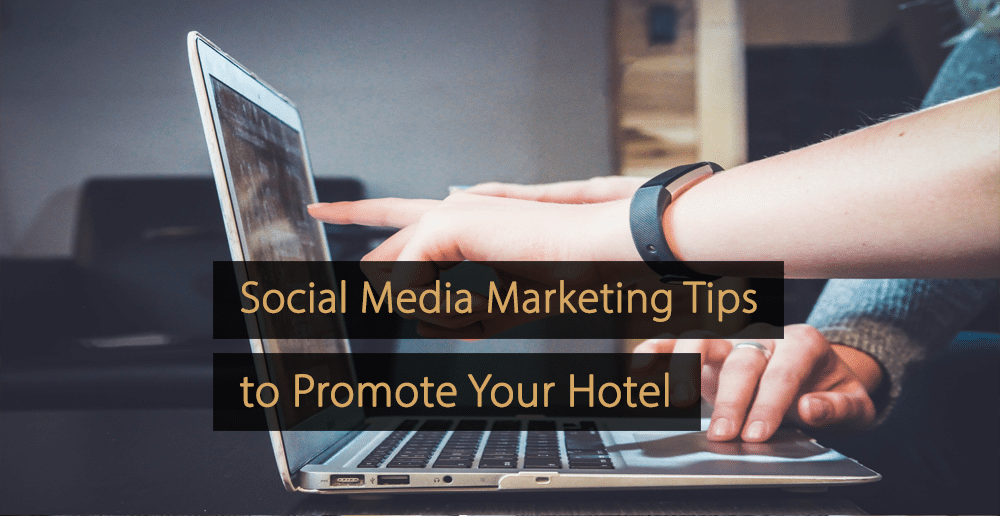
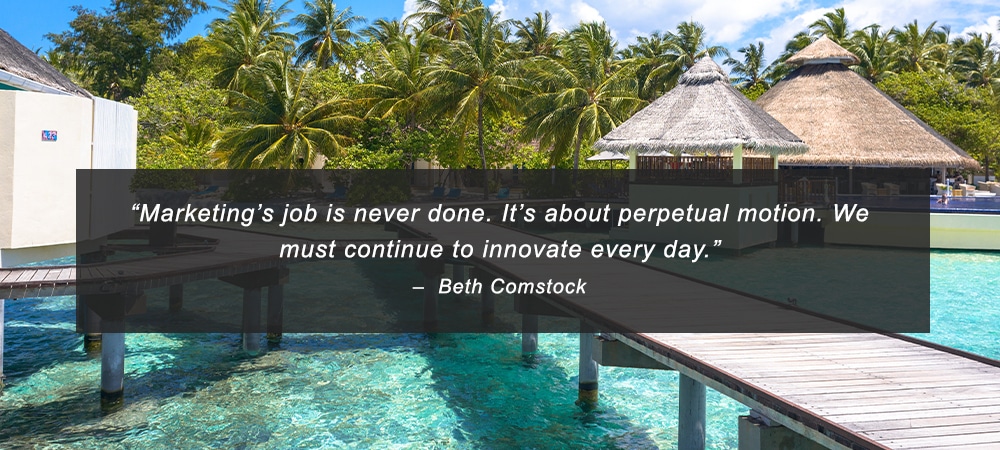
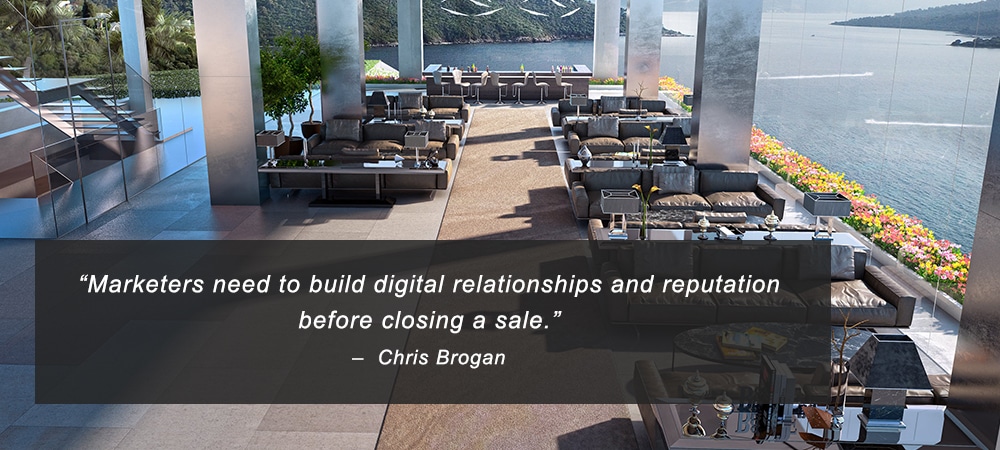

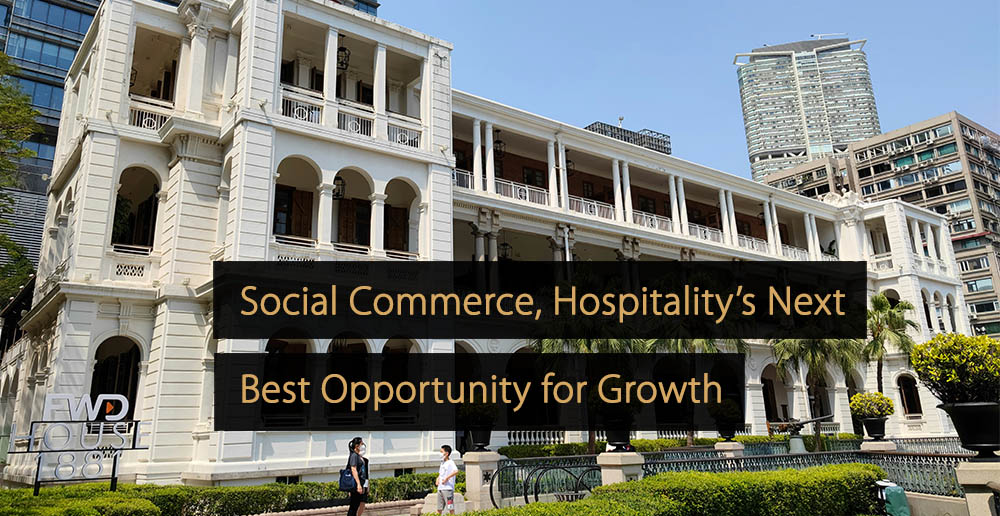
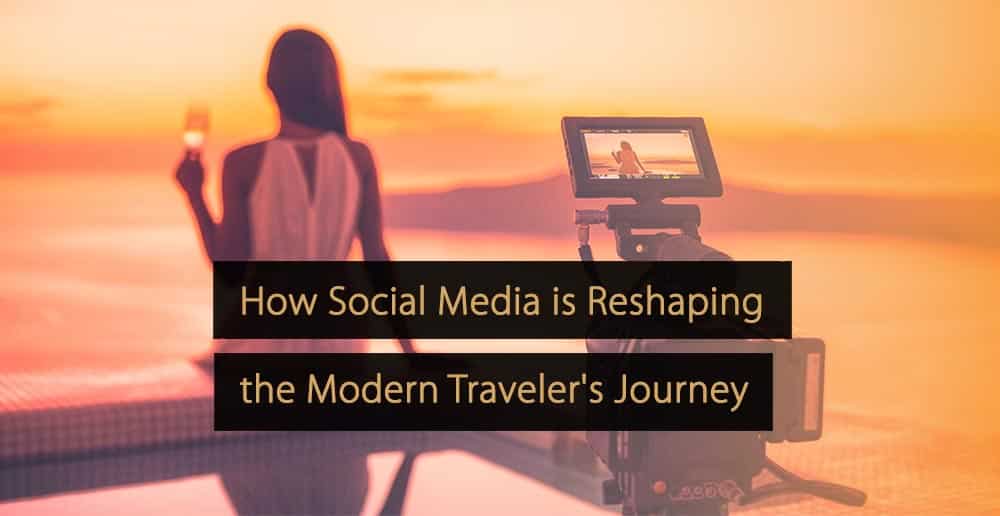
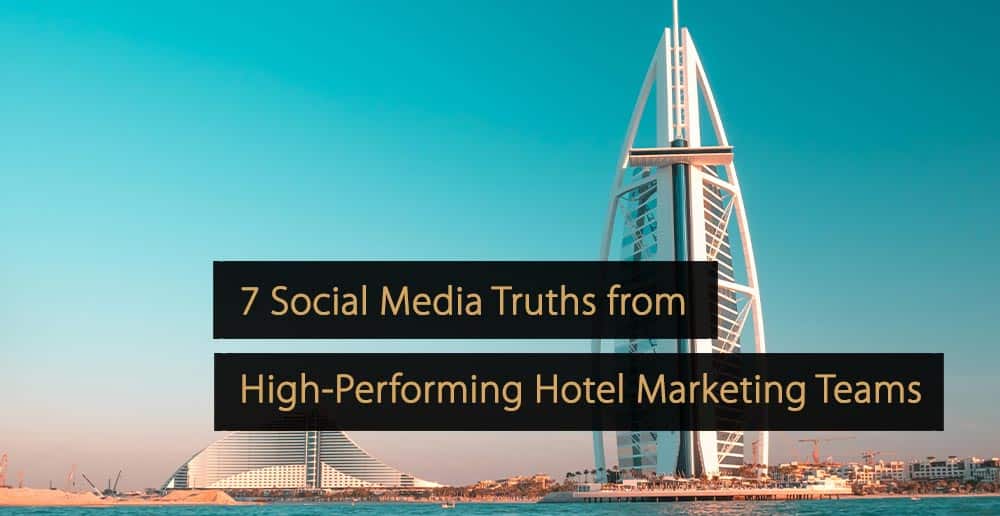
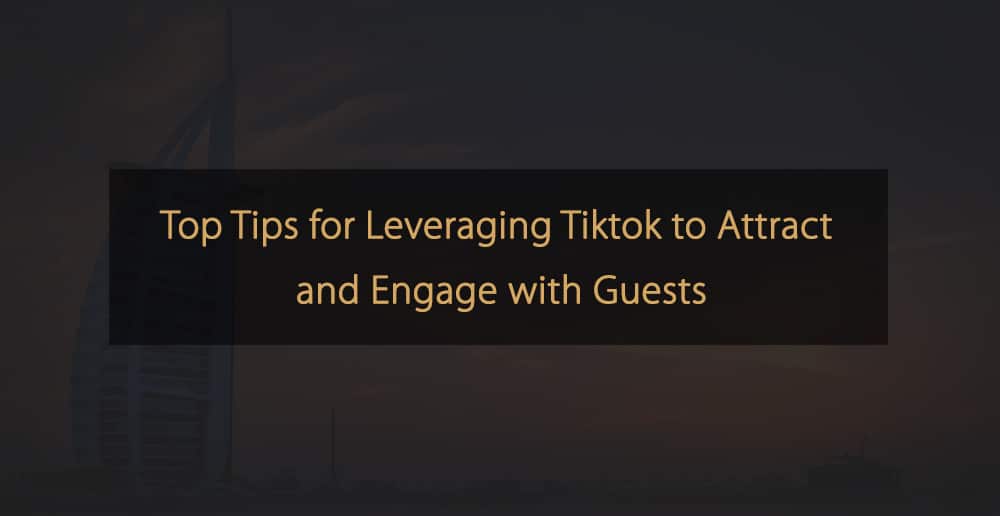
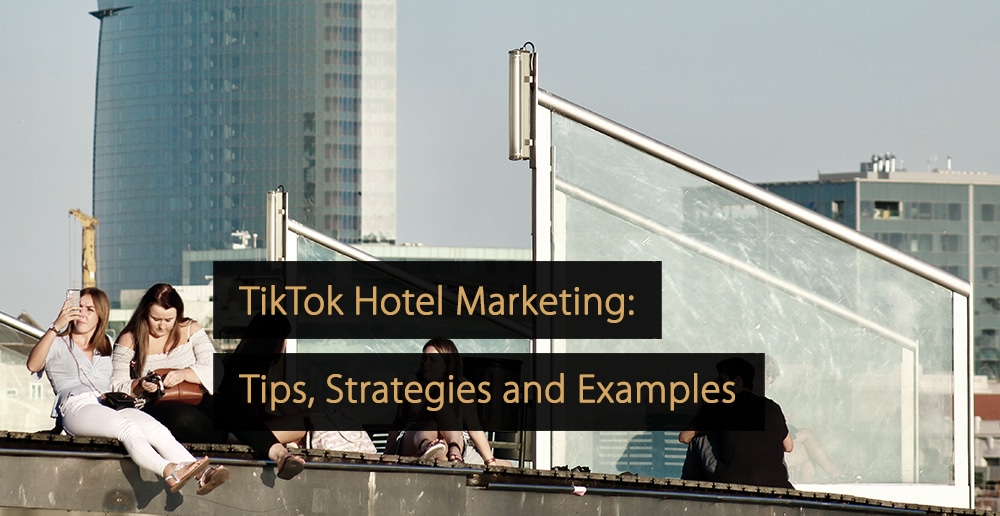
Thanks for providing such a nice information!
Some great social media tips, suitable for most industries. Posting consistently is a great point, if you have followers who know when you post it gives them something to look forward to and gives them a brand they can trust.
Very useful summary article and good advice. I would add that one of the challenges is having time / in house expertise to maximise social media marketing. I have seen many hotels ‘posting’ but with little or no engagement – this is common as there is more background work needed to run a successful strategy – that drives engagement and maximises potential to generate sales. Any strategy needs to consider the ‘target customer Vs. objectives’ so in some cases LinkedIn is a better option e.g. for conference suite bookings, than Facebook or Instagram.
In addition, to maximise potential it is now essential (on most channels like Facebook, Instagram, Twitter) to assign advertising budget to get posts even ‘seen’. As a word of caution, ‘boosting’ is not the best way to utilise Ad spend, but more refined methods using the Facebook Ad portal. This is where we have seen the greatest results for our hotel customers. In short, there’s more to social media marketing than ‘posting’ and a skilled team is a valuable asset.
Nice and helpful tips, also one can opt for paid social media marketing for extended exposure.
You are right, social media is a powerful marketing tool for hotels. Amazing blog post, guys! Thanks for sharing it. Very helpful and valuable information!
Thanks for the tips!
Your social media tips and strategies for the hotel industry are really helpful. Thank you!
Thanks for sharing! These social media tips are very useful and excellent. One of my friends runs a hotel. I will definitely share these tips with my friend.
Keep up the great work! Thank you so much for sharing this post about social media marketing for hotels.
Hi, thanks for the detailed information about social marketing for hotels. I love it.
I just want to thank you for sharing this informative post. The tips that you share in this post regarding social media marketing are very helpful.
I have gone through your blog, and it’s really very informative the way you described the different social media strategies.
I have the following additional tip. Consistency in posting on social media can help to increase the awareness of a business and their services. Thanks for sharing this super informative article with us.
Thank you for the article about social media marketing, you have explained all the basics well. It helps me a lot.
Social media marketing is very important for any business operating in the hospitality industry. Along with social media marketing, you can also utilise SEO and email marketing to reach out to (new) audiences.
Hi, Thanks for the detailed information about social marketing for hotels.
Thanks for sharing these helpful social media marketing tips for hotels. One of our clients is from Hotel Industry and these tips will be very helpful for our strategies.
This excellent article provides valuable insights into how hotels can leverage social media to attract more guests and build their brand. The tips shared in the blog are practical and easy to implement. I appreciate the emphasis on creating engaging content and building a solid online presence.